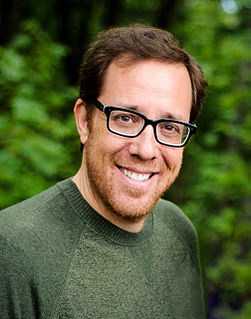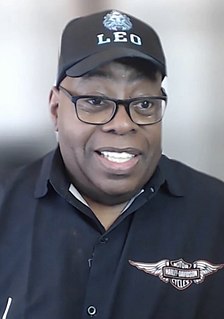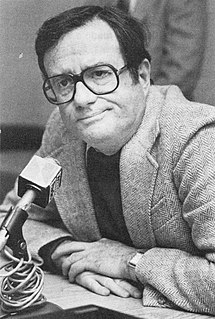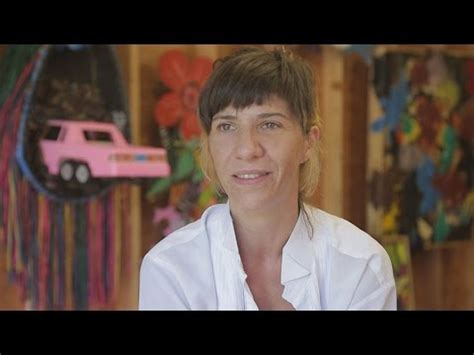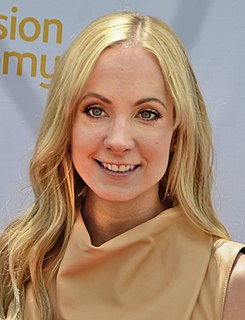A Quote by Mark Haddon
I think one of the things you have to learn if you're going to create believable characters is never to make generalizations about groups of people.
Related Quotes
You have to do three things really well to make a successful film. You have to tell a compelling story that has a story that is unpredictable, that keeps people on the edge of their seat where they can't wait to see what happens next. You then populate that story with really memorable and appealing characters. And then, you put that story and those characters in a believable world, not realistic but believable for the story that you're telling.
It's fascinating that people, there's so many people now who will make judgments based on what you look like. I'm black. So I'm supposed to think a certain way. I'm supposed to have certain opinions. I don't do that. You don't create a box and put people in and then make a lot of generalizations about them.
When we make films - even 2D films - you're always trying to create this illusion of 3D, anyway. You're trying to create a believable world with characters walking, in and out of the perspective, to create the illusion that there's a world. The desire and drive to create this illusion of three-dimensional space is something that is true about every kind of film because you want the audience to really be experiencing it, first hand. It's a natural extension of the storytelling and the process of filmmaking.
Black lives certainly do matter - that's one thing. But, it's just that in every profession, there are bad, as well as there are good. I think it's wrong to make cops - or any group - out to be the enemy based on a generalization. Stigmas and generalizations about groups are what get this world into such turmoil.
You can learn technological things, you can learn about specific things, but the real problems that people deal with in any subject, existential subjects or romantic subjects, you never learn anything. So you make a fool of yourself when you're 20, you make a fool of yourself at 40, at 60 at 80. The ancient Greeks were dealing with these problems. They screwed up all the time. People do now.
It is very easy to make wild generalizations about Islam. All you have to do is read almost any issue of The New Republic and you'll see there the radical evil that's associated with Islam, the Arabs as having a depraved culture, and so forth. These are impossible generalizations to make in the United States about any other religious or ethnic group.
When I talk about feminism and what I think the women's movement needs more of, it's not to detract from anything going on - I think everything going on is fantastic - but there's this missing element. I think we could learn from our detractors a little bit because I feel like they have a plan, a better understanding of things than we necessarily do. You can't change things if you don't understand the other people involved. And if you don't understand yourself, you'll never change.
One of the keys is, and it may sound funny, talking about characters with super powers, but one of the keys is to make your characters as realistic and believable as possible. Even if they have super powers, you say to yourself, "Well, if somebody had a super power like this, what would his life be like? Wouldn't he still maybe have to go to the dentist or wouldn't he have to worry about making a living? What about his love life?" You've got to make characters that your reader can believe exists or might exist.
In true-life dramas, you have to do so much research. It's a big responsibility to make sure things are as correct as possible. In 'Robin Hood', you have more artistic license - it's all action, adventure and reaction. This gives everyone a chance to make their characters their own and to make them believable.



